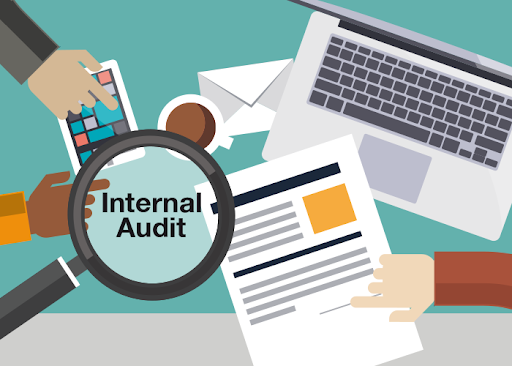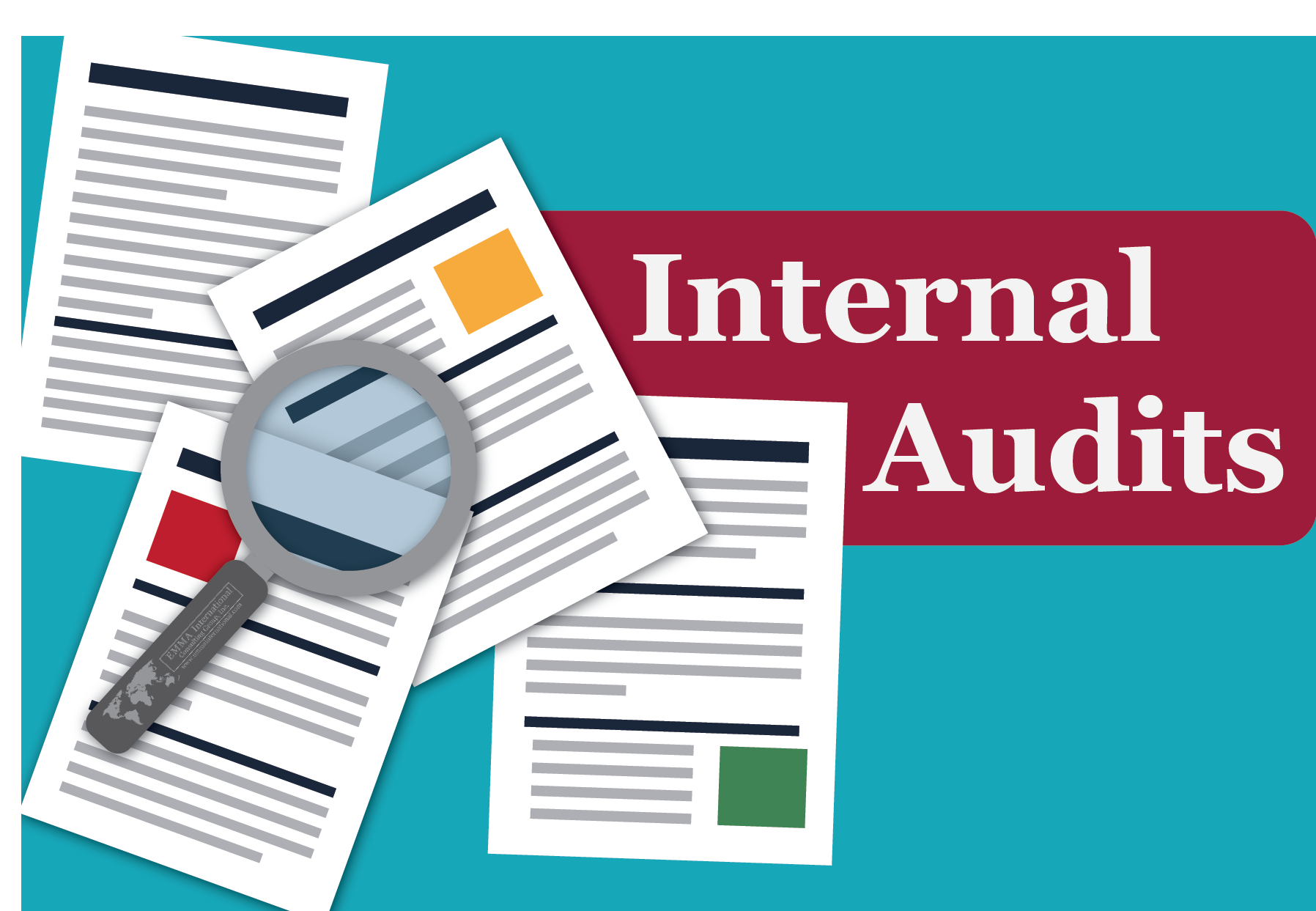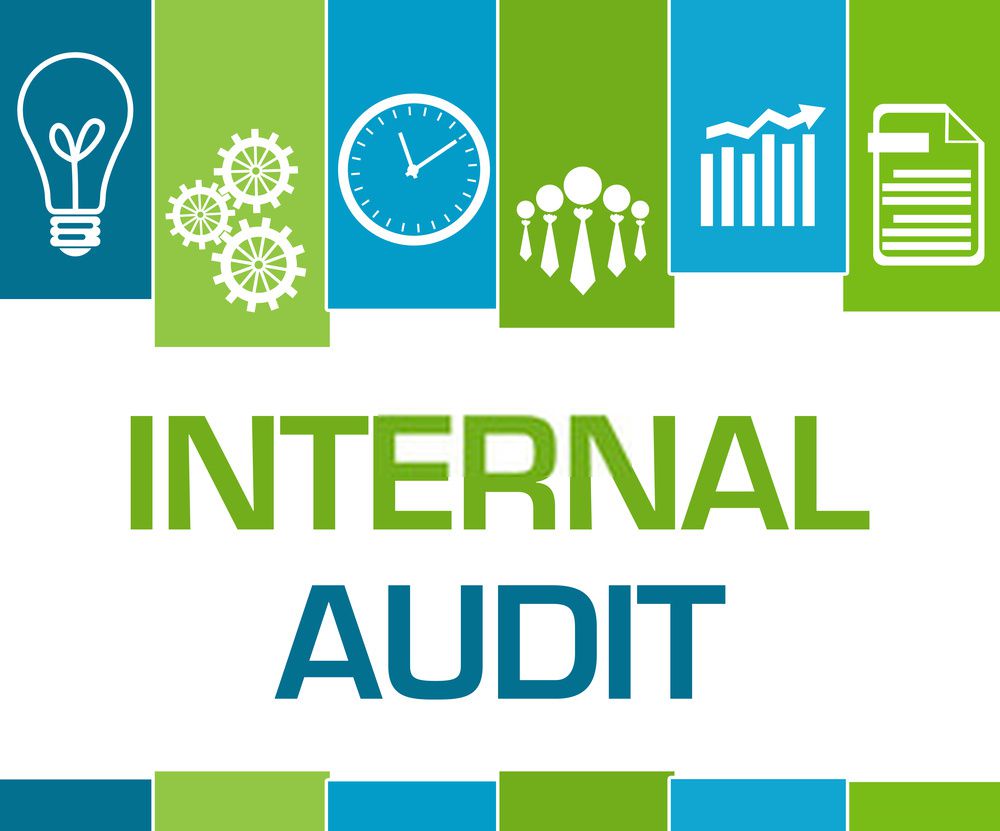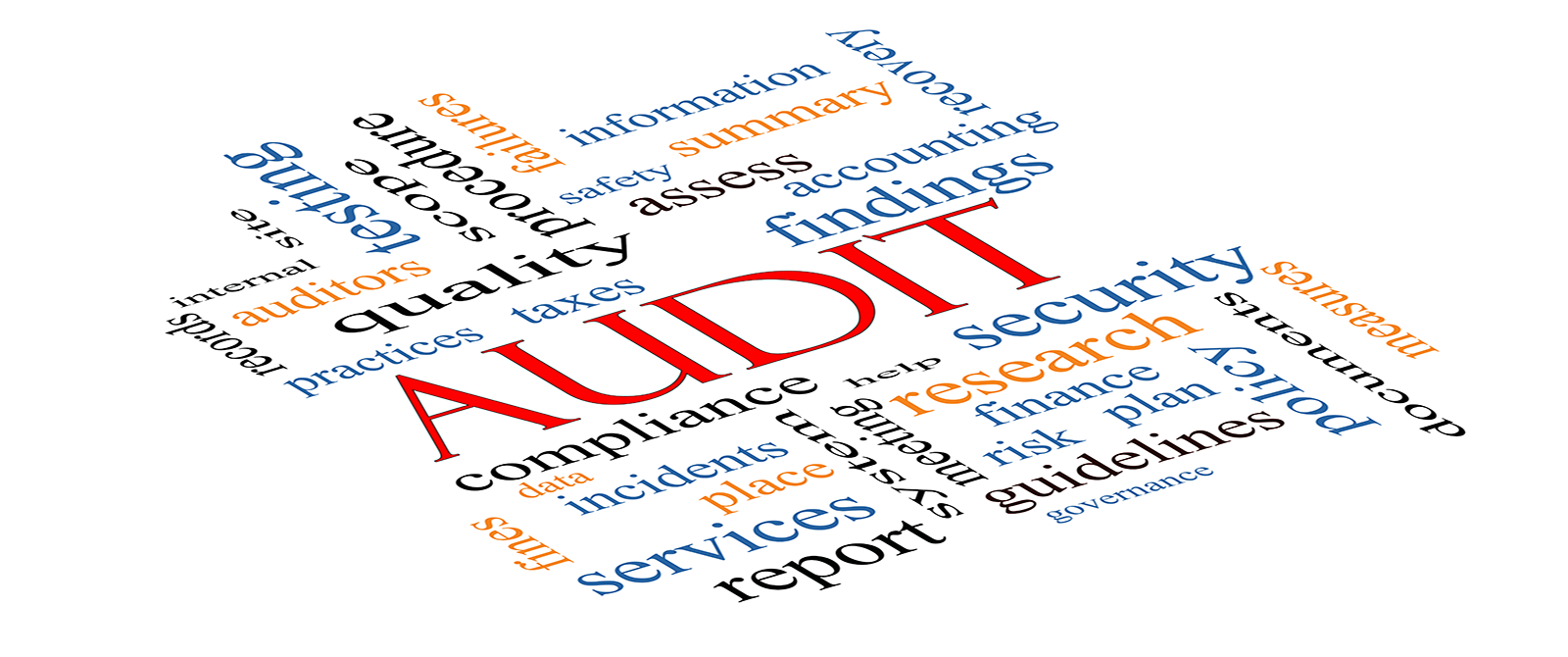

You will focus on and put into practice the communications skills associated with internal auditing: conferencing with customers, writing audit findings, and selling audit recommendations.
By the end of this course delegates will be able to:
Technical personnel involved in project work, personnel involved in construction activities, mechanical, electrical, instrumentation, maintenance, design and HSE technical personnel
Internal Auditing
Contemporary Internal Auditing
Planning and Preliminary Fieldwork
Documenting Internal Controls
Audit Programs
Fieldwork Techniques
Audit Findings
Work Papers
Audit Reports
Effective Audit Communications
Sampling
Risk Assessment Strategies
CDGA attendance certificate will be issued to all attendees completing minimum of 75% of the total course duration.
| Code | Date | Venue | Fees | Register |
|---|---|---|---|---|
| AUD112-02 | 17-05-2026 | Dubai | USD 5450 | |
| AUD112-03 | 17-08-2026 | Rome | USD 6950 | |
| AUD112-04 | 15-11-2026 | Amman | USD 5450 |

New business risks, governance, globalization, and the continuing demands of senior management for value-added services combine to make the job of an IA manager more and more demanding. This comprehen ...

This course provides the candidates with a thorough review of relevant traditional audit tools and techniques as well as an in-depth introduction to operational auditing concepts. With this background ...

In this unique course you will learn the fundamentals of the construction industry, and cover the activities that take place at a construction site, contract documents and forms, inherent risks in the ...
.jpg)
This highly practical Enterprise Risk Management (ERM) course is designed to offer internal auditors and risk managers a hands-on guide to ERM implementation, risk management and business value-adding ...
Providing services with a high quality that are satisfying the requirements
Appling the specifications and legalizations to ensure the quality of service.
Best utilization of resources for continually improving the business activities.
CDGA keen to selects highly technical instructors based on professional field experience
Since CDGA was established, it considered a training partner for world class oil & gas institution
3012, Block 3, 30 Euro Business Park, Little Island, Co. Cork, T45 V220, Ireland
Mon to Fri 09:00 AM to 06:00 PM
Contact Us anytime!
Request Info